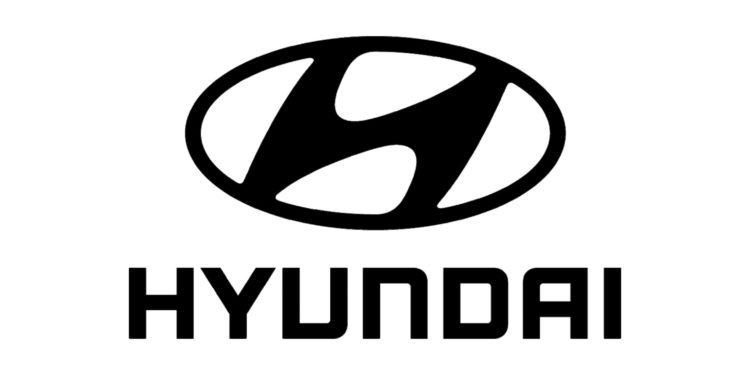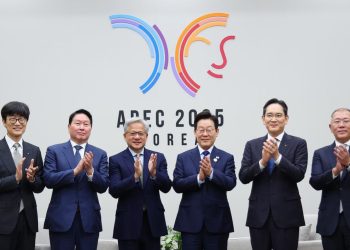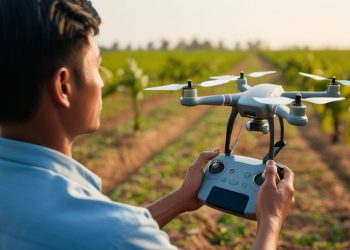Hyundai Motor has appointed José Muñoz, its global chief operating officer, as the company’s next CEO. It is the first time a foreign executive will lead the South Korean automaker.
Industry experts view Muñoz’s appointment as a strategic move to address uncertainties in key markets like the United States, particularly following the reelection of former U.S. President Donald Trump. As the world’s third-largest carmaker, Hyundai aims to ensure stability under his leadership.
José Muñoz, currently Hyundai’s global chief operating officer, has been appointed as the CEO of Hyundai Motor, effective January 1, 2025. This historic decision makes Muñoz the first non-Korean leader in the automaker’s 57-year history.
Known for his results-driven leadership, Muñoz joined Hyundai in 2019 and has been instrumental in boosting the company’s North American operations through profitability-focused management.
Hyundai Motor praised Muñoz for setting record-breaking performance milestones, citing his ability to optimize sales volume and profitability. Before Hyundai, Muñoz held key positions at Nissan, including chief performance officer and head of operations in North America and China.
Hyundai has named Sung Kim, a former U.S. diplomat with expertise in East Asia, as its new president. Since joining the company earlier this year as an adviser, Kim has focused on global trade and policy matters. In his new role, he will lead efforts in global external relations, policy analysis, and communication strategies. His deep experience in diplomacy and geopolitical issues is anticipated to strengthen Hyundai’s capacity to address evolving international trade dynamics and regulatory shifts, especially amid potential changes in U.S. policies.
These appointments are critical as Hyundai braces for potential challenges under Donald Trump’s second presidency. With the possibility of increased tariffs on imported vehicles and the repeal of the Inflation Reduction Act’s EV tax credits, Hyundai’s leadership shake-up signals a proactive approach to mitigating risks and securing its strategic foothold in the U.S. market.
Hyundai Motor Group faces potential challenges from a possible rollback of EV incentives under a second Trump administration. Industry experts warn that policies such as withdrawing from the Paris Climate Agreement, loosening fuel efficiency standards, and eliminating EV-related requirements could impact Hyundai’s aggressive push in the U.S. electric vehicle market.
The company recently opened the Hyundai Motor Group Metaplant America in Georgia, a $12.6 billion investment aimed at bolstering its EV and battery production capabilities. It is also closely monitoring potential changes to IRA-related subsidies.
The automaker has also announced key leadership changes across its subsidiaries to strengthen global competitiveness. Baek Cheol-seung, executive vice president at Hyundai Transys, will take over as CEO, while Oh Joon-dong has been appointed CEO of Hyundai Kefico.
In the construction sector, Lee Han-woo has been named CEO of Hyundai E&C, and Joo Woo-jeong will lead Hyundai Engineering. These appointments are part of a broader strategy to drive innovation and resilience across its diverse business operations.







